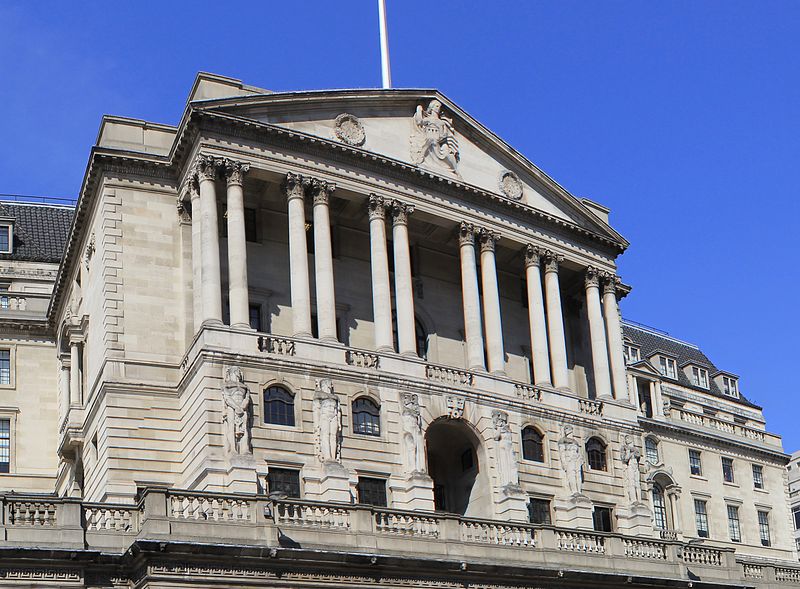
Inflation has reached the Bank of England's target for the first time in almost three years. Official figures show that prices rose by 2% in the year to May, down from
2.3% the previous month. The economy is a major talking point ahead of the general election on July 4, with all main parties debating how to control the cost of living.
The Conservatives claim their "difficult decisions" are yielding results, while Labour argues that pressures on family finances remain "acute."
CPI Inflation
May's drop in inflation was influenced by a slight decrease in prices for food and soft drinks, and slower price rises for recreation, culture, furniture, and household goods. However, petrol prices are increasing again, and food prices are still 25% higher than at the beginning of 2022.
The new inflation figure precedes the Bank of England's decision on UK interest rates this Thursday. The Bank is expected to maintain the rate at 5.25%—a 16-year high—for the seventh consecutive meeting. Markets have reduced bets on a rate cut in August, as price rises in the services sector remain high at 5.7% over the 12 months to May.
The Pace of Price Increases in the UK
Inflation has been steadily falling since October 2022, when it peaked at 11.1% due to the surge in food and fuel prices following Russia's invasion of Ukraine. Despite the decline, many households continue to struggle with the cost of living. Lower inflation means prices are rising more slowly, not that they are decreasing.
To curb consumer demand, the Bank of England has raised interest rates, leading to higher mortgage rates and rents. Official figures released on Wednesday show that average rents paid to private landlords in the UK rose by 8.7% in the year to June. Even with falling inflation, mortgage rates remain high as lenders await the Bank of England’s next moves on interest rates.
Impact on Businesses
Gary Wildman, owner of John Wildman & Sons butchers, told the BBC that prices at his store in Rustington, West Sussex, have leveled out, though they are still 10-15% higher than before the pandemic. He noted that some products, such as pork, are still becoming more expensive, and energy bills remain higher than a few years ago. "You do take a hit to your margins," he said. "You can't pass all costs on to customers or the customers wouldn't come in."
Political Reactions
May's inflation figure, the last significant economic statistic before the general election, has ignited debate among the main parties. The Conservatives see the figures as proof of an economic turnaround, though it remains to be seen if they will receive political credit. Chancellor Jeremy Hunt highlighted that the UK's inflation rate is now lower than that of "nearly all" major economies, attributing this to Conservative policies.
Labour continues to emphasize the ongoing cost of living crisis. Shadow Chancellor Rachel Reeves told the BBC, "Unlike Conservative ministers, I'm not going to tell people that everything's fine. I know that the cost of living crisis is still acute."
Liberal Democrat Treasury spokeswoman Sarah Olney stated that many people do not feel any better off, criticizing Prime Minister Rishi Sunak's optimistic statements in light of rising mortgage rates and high shopping prices.
While politicians may attempt to claim credit for falling inflation or assign blame for high inflation, it's important to note that the cost of living surge was primarily driven by the pandemic and Russia's war in Ukraine, which increased global commodity prices. The decline in inflation is largely due to falling wholesale energy and food prices, along with 14 rate hikes by the Bank of England. Photo by Katie Chan, Wikimedia commons.




































